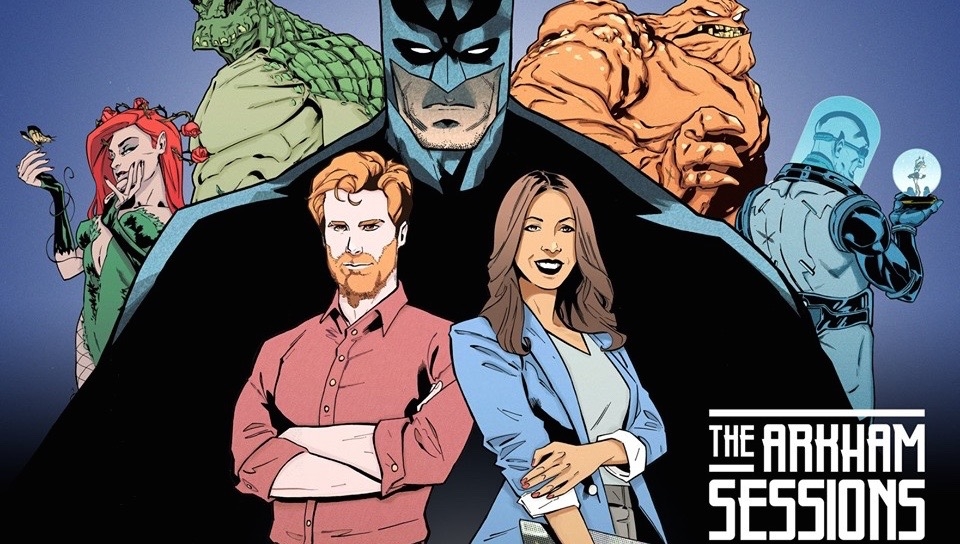The Arkham Sessions, hosted by Dr. Andrea Letamendi and Brian Ward, is a weekly podcast dedicated to the psychological analysis of pop culture, including Batman: The Animated Series, Steven Universe, the MCU, and Doom Patrol. Nostalgic, humorous, and even a little educational, each episode promises to lend some insight into the heroes, villains, and classic stories of the Dark Knight and more!
The Arkham Sessions, Ep. 181 – Black Panther
Erik Killmonger is a complicated villain. During his adolescence, he saw spaceships in the sky, and soon discovered his father was murdered. But his Wakandan family did not take him in. He was abandoned and left to figure out his place in the world without a Wakandan guardian. Being both Wakandan and African American shaped his self-beliefs, but he becomes more than just the sum of his parts.
Drea discusses the long-term impacts of abandonment and familial isolation, and the potential of feeling lost or adrift. In many ways, we may expect Killmonger to be broken, fragmented, confused about identity, and fragile within his personality. But his cultural hybridity is a strength; he grows to be adept, self-reliant, unconfined, and assured about who he is. It isn’t the “villain” who ultimately changes his perspective, but the hero T’Challa, who is impacted by the revolutionary spirit and determination of his cousin.
Have psychology-related questions about Batman? Write to us via Twitter, @ArkhamSessions, or on Facebook. Or visit our official website.
And, don’t forget to subscribe to The Arkham Sessions on Apple Podcasts to get all of the latest episodes! And, be sure to join us on Patreon.

